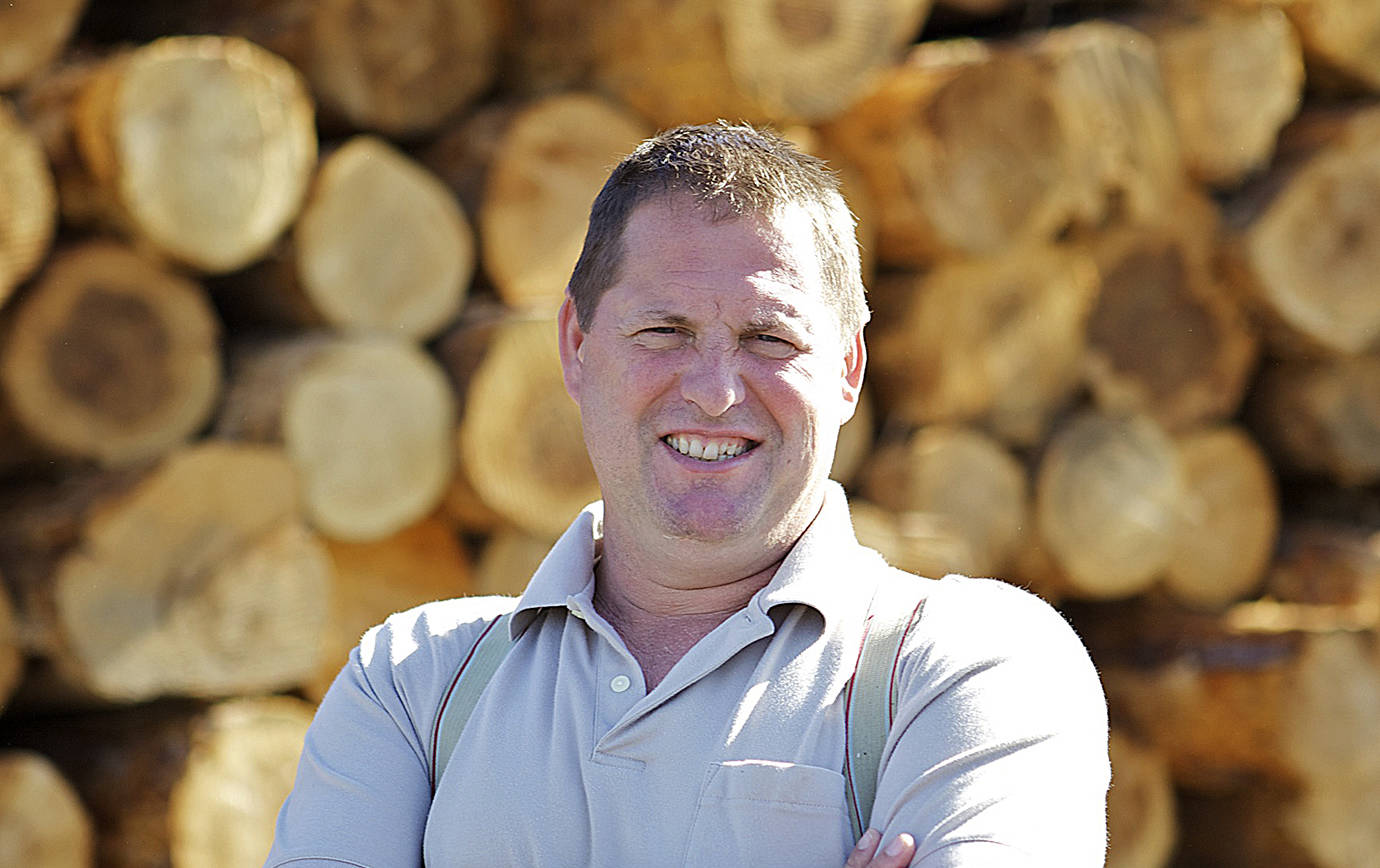Rep. Brian Blake, D-Aberdeen, said his constituents in the 19th Legislative District are looking for more investment in the region, and said he’s done his part by securing state funding for dredging work in the district’s shipping and seafood ports, including Grays Harbor, Westport, the Port of Chinook and Port of Ilwaco.
“I’ve been able to get significant investment in dredging,” he said.
Blake has been campaigning across the district, ringing doorbells, and has heard one of the biggest concerns is the seafood industry, specifically oyster producers.
“We’re still struggling to stabilize the shellfish industry in Grays Harbor and Pacific counties,” he said. The recent decision by the Department of Ecology to ban a pesticide used to control burrowing shrimp that negatively impact oyster beds is one area where alternatives must be explored. “We have put some money into the budget and are going to take another look at other engineering problems with shellfish growers. We need to find alternatives to problems like that (the pesticide) and find a way to stabilize these businesses. I think we’re supplying 25 to 30 percent of the shellfish to the country and many (growers) are losing significant acreage they can farm on.”
Recently passed legislation to fund schools included a uniform school tax rate which, in the case of Hoquiam, will cause a major drop in property tax revenue, from 6 percent to 1.5 percent. According to the Office of the Superintendent of Public Instruction, five of the 10 most negatively impacted school districts in the state are in Grays Harbor County. When asked if the levy rate would be readdressed in the 2019 session, Blake said, “I think we are going to wait and see how things shake out. The McCleary case was all about reducing the local cost to the taxpayers and putting the cost of basic education on the state. We upped the state rate with the goal of taxpayers across the state paying a uniform rate. Starting in January local school taxes will go down, that was the point of that (legislation).”
The effect, however, is that lowering what districts can levy will mean for some local districts that what they are able to collect in property tax revenue won’t make up for what they had to spend to give teacher raises and some districts are worried that in coming years they won’t be able to fund programs they’ve funded in the past.
Blake is a proponent of increasing hatchery output and said the current buzz about the plight of orcas has added some support to upping the production of salmon and steelhead.
“I think the fisheries issues are front and center at the moment,” he said. “I’ve been asking for increased hatchery production for many years, as I did last year, and it seems to be getting interest all of a sudden now with the orca issue. Hopefully, we can stabilize our fisheries with some increased hatchery production.”
Blake said mismanagement of the salmon fishery by the Fish and Wildlife Commission is to blame for declining fisheries. Endangered salmon runs on the Columbia River and in Puget Sound require stricter regulations, but Blake said the state has been managing salmon runs locally with the same strict regulations.
“I’ve been fighting with the Fish and Wildlife Commission, who in my opinion said, ‘Oh, we’ve got these endangered runs in the Columbia River and Puget Sound, what if we manage Grays Harbor and Willapa Bay like we manage Puget Sound,” said Blake. “I’ve been fighting that tooth and nail and I think it’s starting to get traction with the department (of Fish & Wildlife) and commission. I’m trying to help them understand we don’t want to be like Puget Sound. We want good fishing.”
Blake said he believes the economy in the district has stabilized, “but I think there are things we can do to improve and diversify it.” He said he will focus on regulatory issues in an attempt to “bring some infrastructure investment, which would be good for the current economy and the future economy.”
Public access to the district’s outdoor resources has always been a priority of Blake’s. Last session he was able to pass a bill that gave landowners a tool with Fish and Wildlife to provide public access for fishing, hunting and other outdoor activities.
“I’ll continue to put pressure on landowners to come up with programs to allow public access, but I also work for these landowners, because I understand and believe in private property rights,” he said. He had a hand in returning the gravel bar boat launch to the public on the 7400 line of the upper Wynoochee, and “I’ll continue to work with landowners and the public to provide more public access.”


